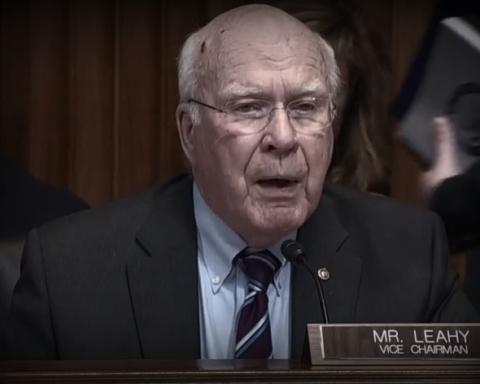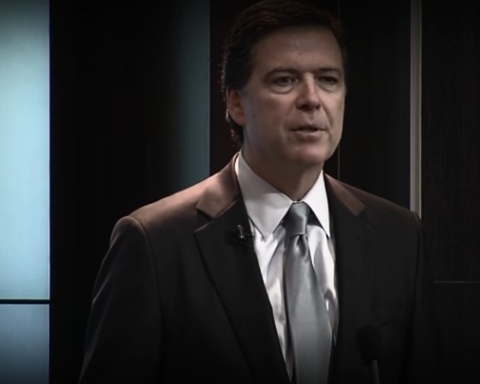An obscure rule change to Department of Justice criminal procedures quietly advanced through the agency on Monday, despite concerns that it will drastically increase the FBI’s power to pry into computers of individuals who have not been accused of doing anything wrong.
In an 11-1 vote, the Judicial Conference Advisory Committee approved of changes to Rule 41, which centers on the power of judges to issue search warrants on electronic devices outside their jurisdiction.
The rule change would allow law enforcement to hack into computers anywhere around the world if they’re suspected of being “damaged”—an overly broad definition that could pertain to users suffering from unknown malware infections.
It also targets computers that are using “technological means” to conceal their location, such as anonymous web browsing applications like Tor.
The government claims the rule-change is necessary to give law enforcement more flexibility to respond to cybercrimes.
Ladar Levison, the founder of the now shuttered encrypted email service, Lavabit, warned in a Facebook post last month that the new rules would allow the “FBI to remotely push spyware onto your computer.”
The Sentinel previously reported that a number of organizations challenged the rule change, warning that it would violate the privacy of individuals who are engaging in “completely legitimate online behavior.”
Digital rights groups like Access and the Center for Democracy and Technology testified against the plans late last year, and urged that any reforms to criminal procedure should be done by Congress after an open and public debate.
Industry heavyweights, too, noted their opposition to the change. Google submitted public comments saying the reform “raises a number of monumental and highly complex constitutional, legal and geopolitical concerns that should be left to Congress to decide.”
Congress may eventually have a say in the matter. In a process that will likely take a year, the rule change still has to be approved by a number of different bodies, including the Supreme Court.
Assuming the court approves of the rule change, Congress would then have seven months to “reject, modify, or defer the rules.”
If the legislative body chooses not to act, then the amendment would take effect automatically.





